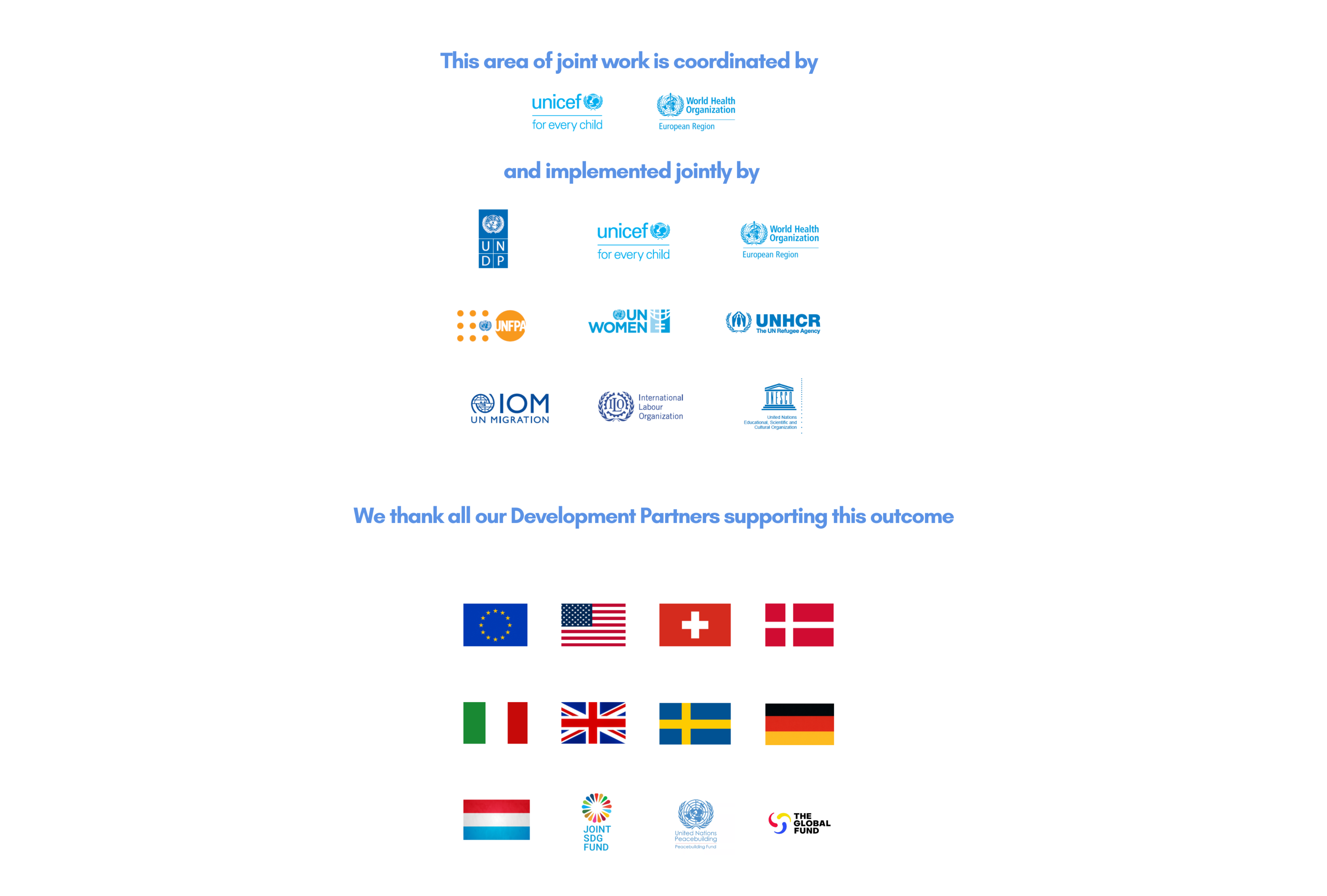A long journey begins with first steps
At the age of five, he began walking.
Klevis was evaluated at the Community Center for Children with Disabilities in April 2021. The center’s multidisciplinary team, composed of the psychologist, the developmental educator, the physiotherapist, and the speech therapist, assessed his situation based on the manual for the implementation of care services’ standards for persons with disabilities.
"Our son had great difficulty walking and even moving." We felt hopeless. One day we learned of the center and reached out to them. "Right after that, Klevis started getting physical therapy, followed by social interaction therapy," says Klevi’s mother.
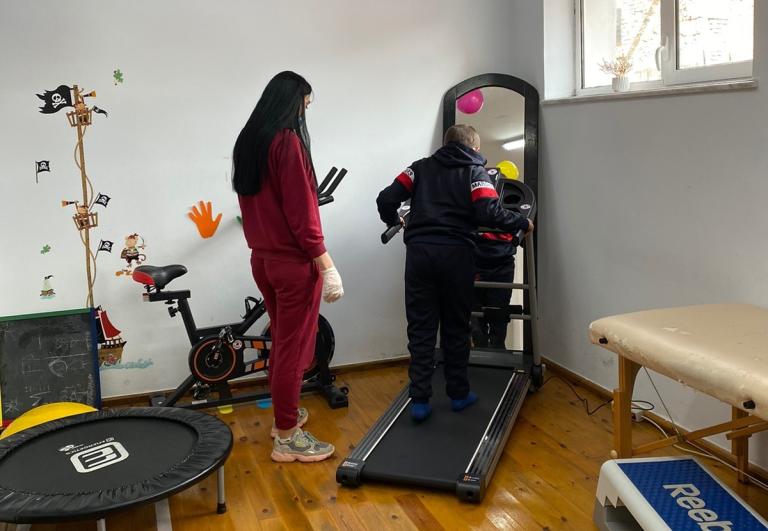
Learn more.
Social Protection
In 2023, the UN provided key support to advance an inclusive social protection system. Social policies focused on the well-being of vulnerable populations were at the core of interventions. At the central level, a new National Social Protection Strategy 2024–2030 and a Social Inclusion Policy Document 2023–2027 were prepared.
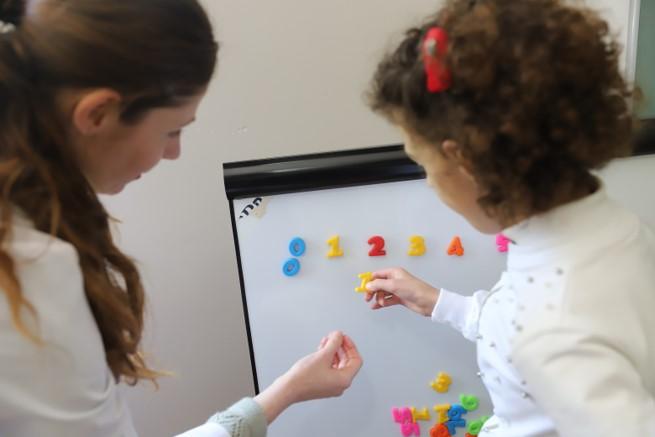
Social care services across the country were mapped as a baseline for evidence-based policy making. A digital map was established in order to improve accessibility and transparency. With UN support, the regulatory framework for the Social Fund was improved, Law 22/2018 on Social Housing was amended and two new by-laws enacted. A comprehensive assessment of cash assistance programmes was conducted to inform policy decisions, maximise cost-effectiveness and address equity concerns. The UN supported the Ministry of Health and Social Protection (MoHSP) to advance the de-institutionalisation process and approve a plan for transformation of Residential Care Institutions (RCIs) to family-based community centres in two pilot municipalities. Support extended to initiatives to improve academic research at social science faculties, refine internship programmes, update curricula for social work students and empower teaching assistants to better support students with disabilities.
Education
UN in Albania made substantial contributions to evidence-based policy analysis and advocacy in the education sector. Jointly with the Ministry of Education and Sports (MoES) progress was monitored on the commitments made by government at the Transforming Education Summit, particularly in the areas of recovery from Covid-19 disruption, digital education and sustainable public financing. Through a co-creation process, a Memorandum of Collaboration was developed involving four ministries (Education, Health, Interior, and Finance) aiming to identify and provide support towards school success for adolescents of age up to 18 years who have not completed upper secondary education. GIS mapping of 100 schools in six municipalities was developed to be followed by capacity building and support to develop quality reconstruction infrastructure projects. MoES was supported for the development of protocols for psycho-social staff and for capacitating the whole psycho-social and safety workforce (750 psycho-social staff, 220 security officers).
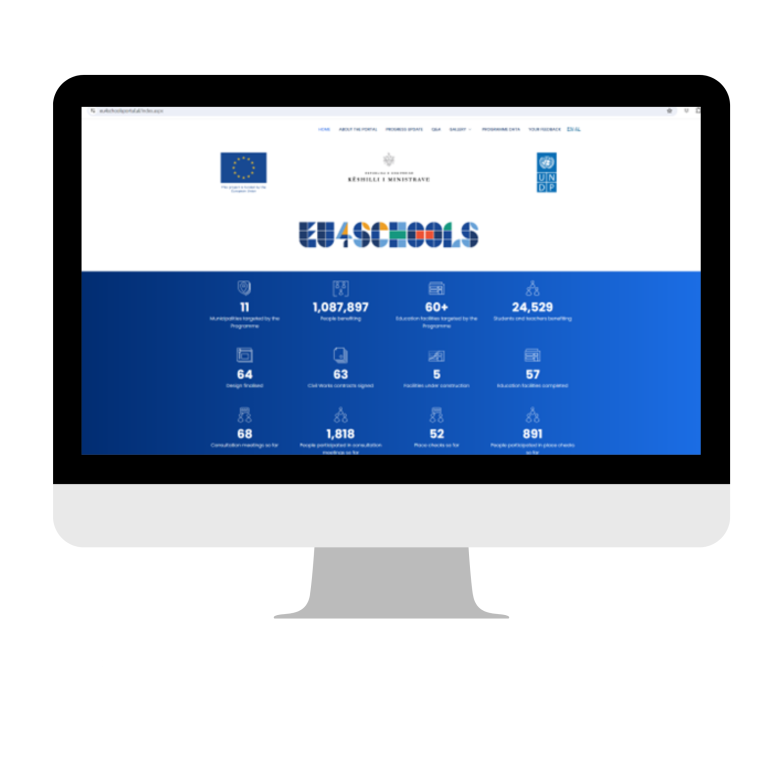
Digital eco-system: A total of 1,070 teachers and school network leaders was capacitated on blended learning pedagogy, while the learning digital ecosystem was supported through the online learning platform Akademi.al, which in 2023 reached 524,783 students and offered 29,741 interactive video lessons. A total of 17 Smartlabs were provided in upper secondary schools in close partnership with MoES that will be followed by capacity building programmes for the school staff.
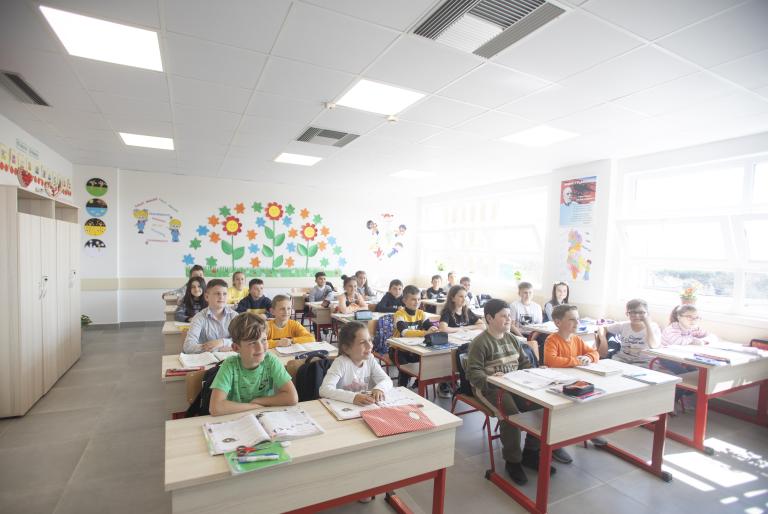
Pre-school education: Leveraging the EU accession process, the UN in 2023 helped secure harmonisation with the EU advanced equity-focused standards related to pre-school education. The Monitoring and Evaluation Framework for Early Childhood Education (ECE), based on EU standards, was finalised and presented as part of the screening process (Chapter 26). The key studies ‘Knowledge, Attitude and Practices’, ‘Financing for ECE’ and ‘Barriers to Accessing ECE’ were completed to inform evidence-based advocacyefforts. In close partnership with MoES, Agjencia e Sigurimit të Cilësisë së Arsimit Parauniversitar (ASCAP, Agency of Quality Assurance in Pre University) and municipalities, pre-school education was enhanced by capacitating more than 275 teachers (all female) in implementing ECE curricula in five regions, and more than 250 teachers (all female) in 150 kindergartens.
Healthcare and Shock Response Systems
In 2023, the UN supported the Albanian government in preparing policies and action plans (APs), stakeholder engagement, research and awareness campaigns around critical issues of Universal Health Coverage, improving the social, economic and environmental determinants of health and resilience-building in preparing for and responding to emergencies and pandemics.
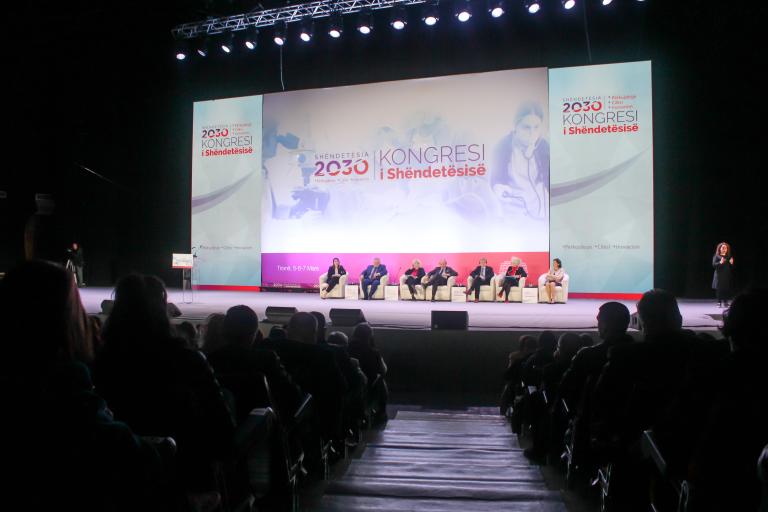
Inclusive Community Engagement
With a focus on socio-economic integration of returnees, local action plans were developed with the municipalities of Berat, Devoll and Fier to enhance multi-agency service provision and case management protocols. More than 500 individuals received personalised support, with a focus on education, skills and digital expertise, improving employability in the formal labour market, and 32 returnees were empowered with entrepreneurial potential, fostering establishment of their business, and contributing to economic self-sufficiency. More than 250 returnees were supported with improved access to social and administrative services, while community cohesion programmes, supported by 15 small grants for local NGOs, reached more than 850 returnees.
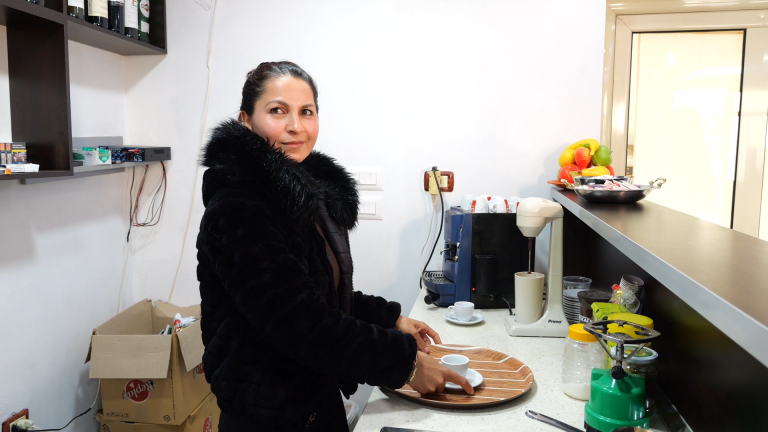
Read Lira's story here.
In the context of earthquake recovery efforts, the UN developed a Livelihood Support Scheme benefiting more than 200 earthquake-affected households. Collaborating with 14 CSOs, more than 1,500 households received psycho-social support, tailored services and referrals, along with assistance in documentation preparation. Some 15 volunteering and self-help initiatives, implemented by partnering NGOs, contributed to community resilience and earthquake recovery. Three online platforms were facilitated, supporting volunteerism, addressing concerns with municipal authorities, coordinating resources and exchanging information on employment and training opportunities among young people.
Highlights of Results on Human Capital Development
People
were able to access basic services, through UN’s support to improve delivery of basic services
Doctors, Social Workers and Social Administrators
strengthened their capacities to implement the new national disability reform
Students and Teachers
benefited from better education services provided by repaired or reconstructed education facilities
Teachers
and school network leaders were capacitated on blended learning pedagogy
Municipalities
updated and costed their local social care plans, emphasizing incorporation of a gender perspective, and establishing an innovative social service delivery
Home Visits
were conducted contributing to strengthening Primary Health Care while putting children and families at the center of services and focusing on the most vulnerable

